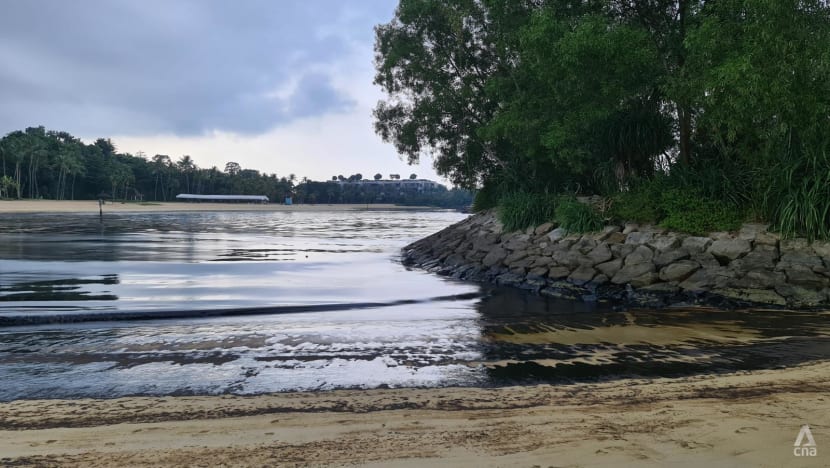Climate Conversations Podcast: Why oil spills are especially nasty
The recent oil spill in Singapore was smaller in scale compared to other spills around the world. But it still comes at a cost to the environment.
.jpg?itok=vdwzjamG)
Hosts Jack Board and Liling Tan bring years of expertise covering climate change and sustainability to this weekly podcast. A one-stop shop for news, views and interviews.
Oil and water never mix so when there's a spill, all kinds of environmental, financial and even emotional impact ensue.
Jack Board and Liling Tan drill deep into the impact of spills and how innovative solutions can prevent them.
Jump to these key moments:
- 2:57 News highlights: Great Barrier Reef and turbulence
- 7:39 The oil spill in Singapore
- 12:11 The environmental impacts of major oil spills
- 15:41 Cleaner maritime fuel?

Here's an excerpt of the conversation:
Jack Board:
There are increasing concerns all around the world that just by having more vessels in the water carrying large amounts of toxic cargo, incidents (will) keep on happening. The stakes we know are so high for important ecosystems and the communities that rely on them ... People are still really scared, and there's a fear that the environment and local people's livelihoods are being imperiled by a regional rush to further develop the fossil fuel industry, which I think goes at odds to what we understand of the climate change agenda.
Liling Tan:
Singapore is a major importer of LNG ‑ liquefied natural gas. It's the region's second-largest gas importer and has been expanding its existing LNG importing facility, so there are inevitably toxic cargo in the surrounding waters all the time.
The future, we know, is in greening the fuel, greening maritime fuel, but most ships today still run on conventional fuel. Although we are seeing growth in emerging alternatives like ammonia and methanol, these synthetic fuels may be more sustainable but not zero carbon. They're also still very expensive and there's also the safety issue.
Find more episodes of The Climate Conversations here.
A new episode of The Climate Conversations drops every Thursday. Follow the podcast on Apple or Spotify for the latest updates.
Have a great topic for us? Drop the team an email at cnapodcasts [at] mediacorp.com.sg (cnapodcasts[at]mediacorp[dot]com[dot]sg)












